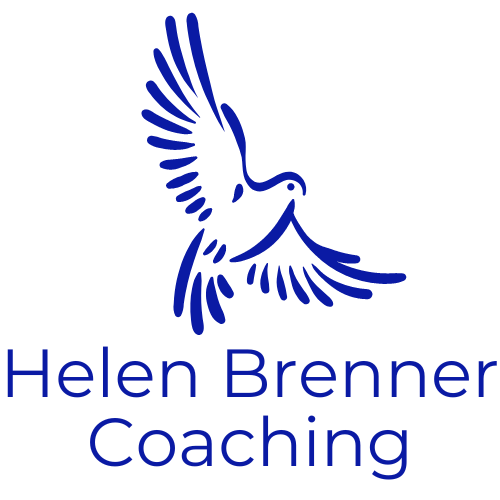Being Proud of Ourselves
“I’m so proud of you!”
Way before I ever had kids, I remember thinking that this statement lays an enormous pressure on children to live for someone else’s pride.
We grow up hearing, “I’m proud of you,” as if the goal is to earn someone’s approval — a parent, a teacher, a coach. Somewhere along the way, we start performing for that feeling. Not the pride itself, but the reaction it brings.
And that’s where the pattern begins.
Living for Someone Else’s Pride
As kids, our brains are wired to seek connection and belonging. We learn what earns smiles and what brings silence. When someone important to us says, “I’m proud of you,” it lights up the brain’s reward system — the same system tied to love, safety, and acceptance.
But over time, that creates a subtle conditioning:
“If I make you proud, I’m good.”
“If you’re disappointed, I’ve failed.”
That’s a lot of weight for a developing mind.
Even well-meaning praise can accidentally teach dependence on external validation. The brain learns to chase approval rather than awareness.
The Shift: From Being Told to Feeling It
Years later, when I became a mom, I remembered that early thought — that children shouldn’t live for someone else’s pride. So instead of saying, “I’m so proud of you,” I started saying things like,
“That’s something to feel proud of.”
or
“How does it feel to know you did that?”
It wasn’t about removing encouragement; it was about shifting ownership.
I wanted them to pause, look inward, and feel that spark of satisfaction for themselves.
Being proud of ourselves needs to be more important than other people being proud of us. It ties directly into self-esteem, self-confidence, and self-love.
Yes, we can acknowledge others for what they’ve accomplished or overcome — and we should. But when we notice those same qualities in ourselves, it’s something truly beautiful.
Why the Brain Needs Internal Recognition
From a neuroscience standpoint, when we acknowledge our own effort, it strengthens connections in areas of the brain responsible for self-awareness and emotional regulation — particularly the anterior cingulate cortex and insula.
These areas help integrate emotion and reason, creating a more stable sense of self.
In contrast, when validation only comes externally, it primarily activates the reward circuitry — dopamine spikes that feel great but fade fast.
That’s why people who rely heavily on external praise often feel empty when it’s gone. The brain hasn’t learned how to self-sustain pride; it’s dependent on others to “feed” it.
Self-generated pride, on the other hand, builds long-term emotional stability.
It’s the difference between eating sugar and eating protein — one’s quick and fleeting, the other’s nourishing and sustaining.
Rewiring Old Conditioning
If you were raised on a steady diet of external validation, learning to feel proud of yourself might feel awkward at first. You might dismiss it —
“It wasn’t that big of a deal.”
Or downplay it —
“Anyone could’ve done that.”
That’s your brain’s old conditioning talking — the unconscious belief that pride isn’t yours to claim.
Start small.
Notice moments where you made a hard choice, showed up differently, or grew in patience or understanding. Then quietly tell yourself,
“I’m really proud of how I handled that.”
You’re not inflating your ego; you’re teaching your brain that your worth isn’t borrowed — it’s built.
For Parents (and the Parent Within)
When we model this for our children — or even our inner child — we teach them to anchor pride internally.
Because one day, we won’t be there to say, “I’m proud of you.”
But if they’ve learned to hear it in their own mind, they’ll carry it with them for life.
And for those of us who never learned that growing up, it’s never too late.
Reparenting ourselves means giving ourselves the words we needed then:
“You can feel proud of yourself.”
Reflection Prompt
When was the last time you paused and let yourself feel proud — not because someone noticed, but because you did?
Take a deep breath. Think of a moment recently when you handled something differently, even slightly better than before.
That’s pride — grounded, quiet, and real.
The kind that builds confidence from the inside out.
If you’re learning to replace external approval with internal recognition — to truly see your growth — reach out to me.
This is the work that changes how we see ourselves, raise our children, and live our lives.
💙 Helen

